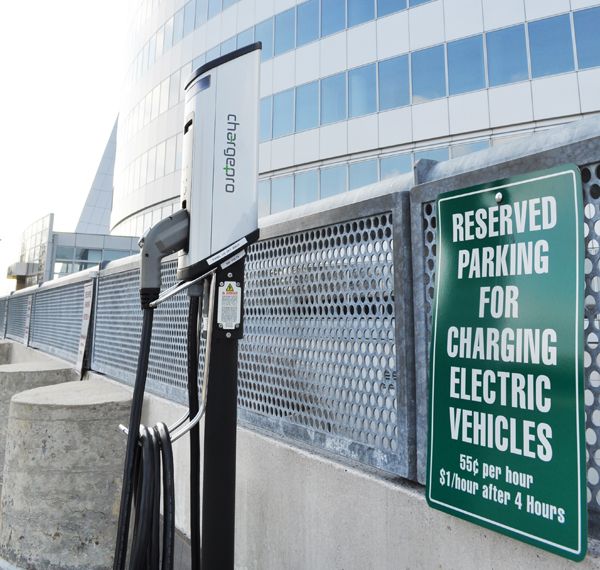Time of Use Pricing: Evaluating the True Cost of EV Charging Stations
By Joseph Tohill
Although EV charging stations are
continuing to pop up in cities all over the country, they are still a
relatively new addition to the urban landscape. As with any new technology,
many people are asking questions about installing EV charging stations and how
to ascertain an accurate cost-benefit analysis.
This article will look at how to determine
the true cost of EV charging stations and how to recoup these costs by
establishing an effective service plan that accounts for time-of-use pricing.
How
Electricity Pricing Works
Although utilities across the country have
numerous ways of calculating electricity costs, essentially what it comes down
to is a charge per kilowatt-hour (kWh) – e.g. 15 cents/kWh. However, utilities
are increasingly incorporating time-of-use (TOU) pricing in their billing
plans. This means that the cost per kWh will be different over the course of
the day to accurately reflect consumer demand.
Electricity prices during the daytime would
be most expensive because this is when the most electricity is drawn from the
grid (demand is high). But at night time, electricity prices would be cheaper
because far less people are using electricity.
For instance, Pepco, the utility that
services Washington D.C. and some communities in Maryland has TOU options for
non-residential users. Under its time-of-use plan, Pepco has a rate structure
that divides weekdays into on-peak, intermediate, and off-peak periods.
When it comes to EV charging stations, TOU
pricing is the most accurate cost associated with charging an EV. This is
because the cost of charging an EV could vary depending on the season or the
time of day.
However, only utilities are allowed to
charge per kWh. This means that EV charging station owners need to come up with
their own pricing plan that properly accounts for TOU rates.
Recouping
the Cost of an EV Charging Station
The first cost that would need to be
factored in would be the initial capital cost for the charging station. This
would of course vary depending on the charging station developer and
construction costs.
The second element that would need to be
accounted for would be the electricity prices. Since only the utility can
charge per kWh, the station owner would need to develop a pricing plan that
incorporates both the initial capital costs and the estimated electricity cost
into one hourly rate. After averaging out TOU rates, it would typically cost
about $0.80 to charge an EV per hour.
Then the station owner would need to
determine what hourly rate to charge the user in order to both pay for the
electricity cost and recoup their initial capital expenditure on the station.
There is currently no regulation on how much a station owner can charge, so at
this point it is totally up to them. With an hourly cost of $0.80, a station
owner could charge $2.00 per hour, thus allowing them to pocket $1.20 per hour.
Although this may not seem like much revenue initially, it could allow them to
break even over the span of 2 years. After that two year period, they could
turn a profit as more and more EVs hit the market.
The
Benefits of an EV Charging Station
The time is ripe to reap the benefits of
the emerging EV market. Demand for EVs is increasing, but the supply of new EV
stations is still relatively low.
And although EV charging stations have the
potential to become a profitable venture in the long-term, they provide many
other benefits that are less easy to quantify. The presence of an EV charging
station adds a sustainable and cutting-edge dimension to the places in which
they are located. Their presence raises awareness about the EV market and
visually informs EV owners of a new place to charge their car.
The earlier a prospective charging station owner installs an EV charging station, the better traction they will gain with their potential consumer base. Establishing a reputation as a “hot-spot” for EVs early in the game will provide them with a competitive advantage as increasing numbers of EVs hit the streets.
Joseph Tohill is a freelance writer and online communications specialist for organizations in the sustainability sector. He has a B.A. in Interdisciplinary Studies from the University of British Columbia and spent most of his academic career studying sustainable urban development; namely the interdisciplinary relationship between built form and natural environment.



0 Comments:
Post a Comment
Note: Only a member of this blog may post a comment.
Subscribe to Post Comments [Atom]
<< Home